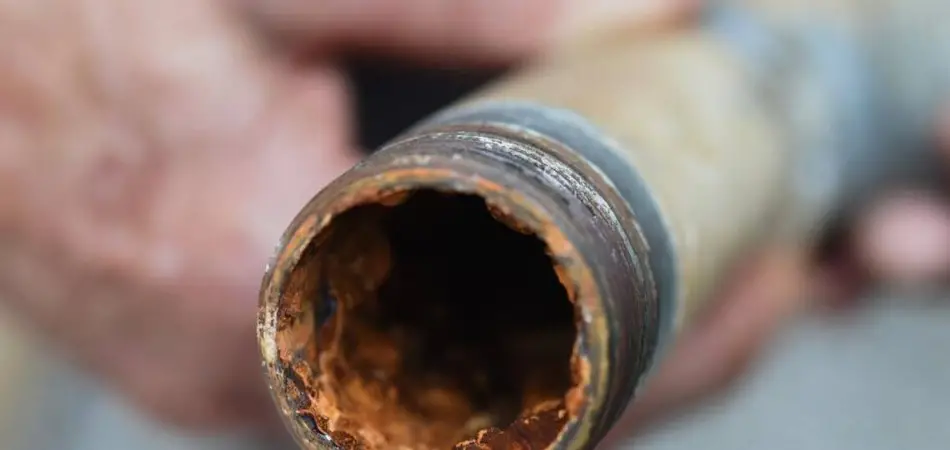Lead is commonly used in construction, ammunition, batteries, white paints, and many more, but does lead rust? Lead elements are highly resistant to corrosion or rusting, especially in dry air, so it isn’t normally found in the form of rust. It leaves many to ask if the lead can rust.
Yes, lead can rust in the presence of acidic water. Though lead metal is stable in dry air and does not corrode or rust, its ability to resist corrosion in moist environments is poor. It is because lead is easily attacked by acids present in the atmosphere.
However, as well as understanding what causes metals to rust, it is important to understand how this process works. In the same way iron will rust after recurring contact with water or humidity, the lead will also corrode over time with repeated contact with water or moisture.
Therefore, your best bet at ensuring your lead does not rust is to avoid the use of acidic water. You can find more information on how to prevent and protect your lead materials from rust below.
Contents
Is Lead Ferrous?
Lead is not ferrous, it is an individual element, a post-transition metal, on the periodic table. Therefore, it isn’t a ferrous metal, as it contains no iron. It is formed by the oxidization of lead oxides in burning furnaces, to give a black amorphous substance.
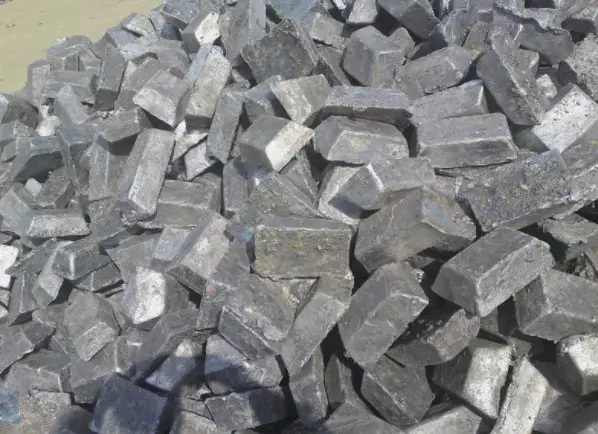
As lead is not ferrous, the term “rust” does not describe its corrosion as a result of its reaction with atmospheric oxygen and water. Ferrous metals, such as steel, rust because they contain some amount of iron in them, and they are not present in the periodic table for this reason.
How Does Lead Rust?
Lead does not rust, it does not contain iron and can, therefore, not produce iron oxide – the product of rust. However, lead corrodes by forming a gray tarnish when it comes in contact with the agents of corrosion – water and atmospheric oxygen.
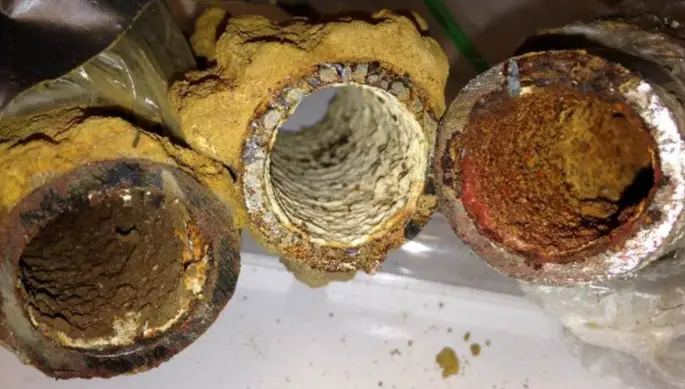
Lead’s corrosion differs from rust in that its product is a gray tarnish that does not adhere to the lead material’s surface while ferrous metals that experience rust have a reddish-brown product that mostly adheres to the metallic surface affected, except in some cases.
The process of corrosion in lead is the same as in other metals. The lead ions react with atmospheric oxygen and water over some time and produce a gray tarnish that may be useful in aesthetics, especially in mimicking old artifacts made of lead. However, due to the low reactivity level of lead, its corrosion takes a considerably long time.
Does Lead Rust in Saltwater?
Ordinarily, water and air corrode metal, regardless of whether they contain iron or not, except aluminum. Lead, being a metal experiences corrosion from air and water; however, in the presence of saltwater, probably as a result of its position, it corrodes faster.
Water, ai, and salt, do not bode well for any metal as the rate of corrosion with saltwater increases by five times, compared to when freshwater is involved. Also, metals corrode ten times faster when they are faced with salty air.
Although lead does not rust, its corrosion in saltwater speeds up due to the action of the chlorine ions reacting with the positively charged lead ions, eating into the metal and causing it to disintegrate with time. Also, you may notice that the gray patina that forms on lead materials when they corrode happens faster. It is one of the ways to make lead materials form patina faster, especially for aesthetic purposes.
However, there is always the issue of patina run-off; when the gray coloration that appears on the lead material washes away from the metal’s surface and stains the surrounding parts where the patina is undesirable. This also exposes the already corroding part to further corrosion.
How Long Does Lead Last?
Lead is highly resistant to corrosion and can last for a long time due to this. The relative chemical inactivity of lead under certain conditions makes it a durable material for many reasons, such as roofing and lining water vessels’ bases. However, it is poisonous and its use is mostly limited to industries that have no relation to consumables, such as the storage of foods.
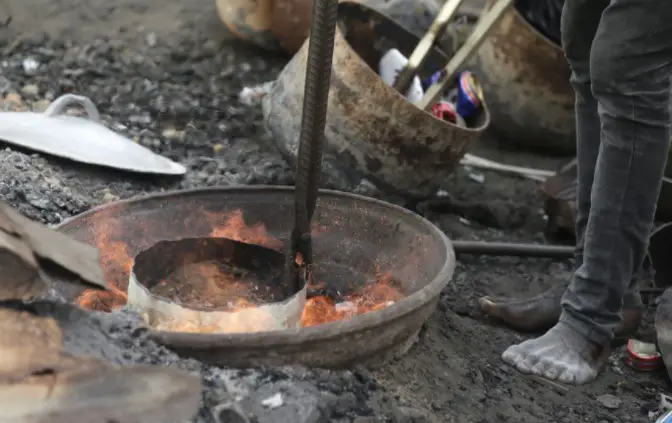
A lead roof that is not maintained can last for more than 60 years, with some lasting for up to 100 years, depending on the fine grain size, and the environment they are used. Lead roofs used to cover houses in places close to seas will experience faster corrosion than others. Also, if you add layers of protective coats to the surface of lead materials, they can last for centuries.
How to Prevent Lead Corrosion
Lead is poisonous to humans and its corrosion may make it available in some consumables, and we don’t want that. Despite its high corrosion resistance and durability, its potent poisonous nature makes it unsuitable in some cases, such as lining water pipes, making food transport containers, and so on. However, they are still used in construction and they are usually exposed to the atmosphere.
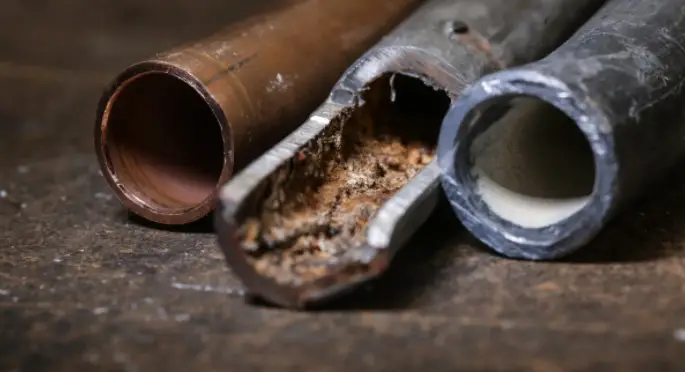
To protect the Lead you have used in construction or artifacts, it is best to coat them with a clear acrylic layer. This helps the lead to be more resistant to corrosion and since the reaction between the metal and the oxygen and water in the atmosphere does not occur, there can be no run-off of lead, decreasing the chances of lead poisoning.
Final Thought
Lead is an amorphous element that is non-ferrous. It is resistant to corrosion, durable, and malleable, but is not widely in use because it is poisonous to humans. Lead does not rust because it does not contain iron; however, it corrodes over a long period of time. The duration of corrosion depends on the environment it is in use as saltwater causes faster corrosion.

